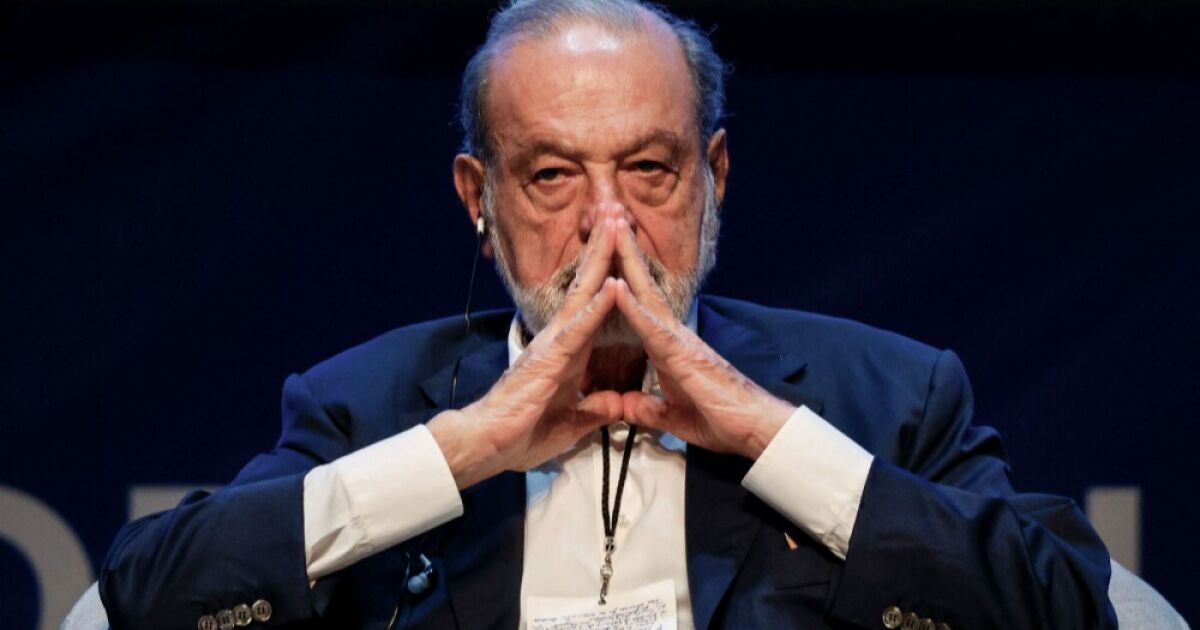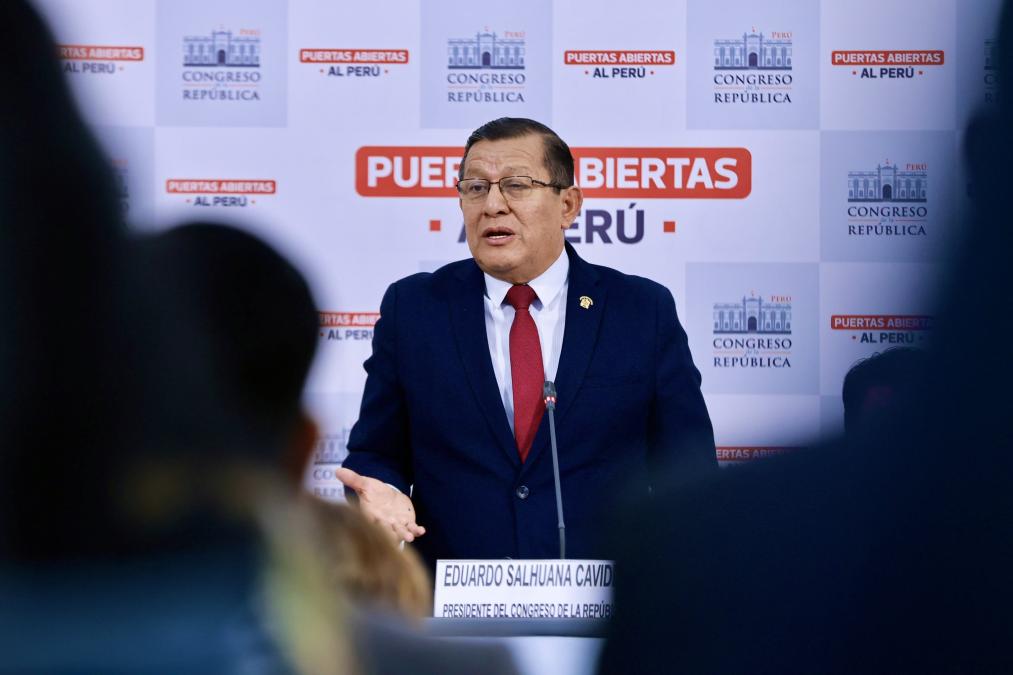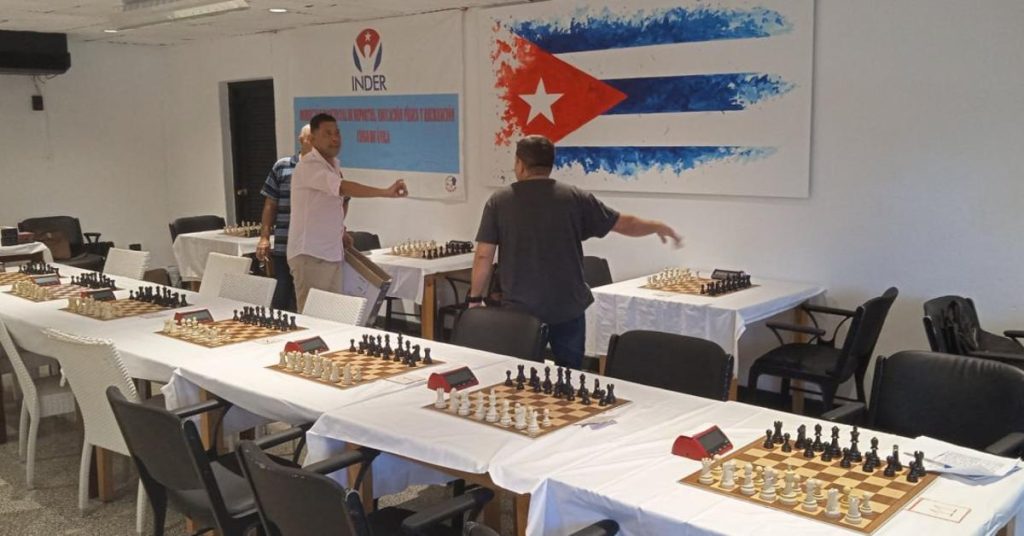“We must question what economic model we want for the well -being of the majorities and not only of a few,” says the report, which details how economic decisions have benefited an elite while the bulk of the population faces precariousness.
Millionaire dynasties
The number of Mexican Millonarios increased from 10 to 22 in the same in the Sexenio de López Obrador, of which 14 did not appear on the original list of 2018.
This is because 8 of the 14 new millmillonarians since 2018 in Mexico are heirs or successors in the life of Milmillonarios.
The cases of Alejandro Baillères, who inherited the fortune of his father Alberto when he died, the succession in the life of Juan Francisco Beckmann to his HIOS Juan Domingo and Karen and the entry into the 2025 list of five of the Coppel Luken brothers .
A model that favors a few
Oxfam Mexico argues that the country’s economic structure is based on a scheme that originated before independence and has persisted until today. This model works under four principles:
They take: Some families or companies appropriate public resources through deception or pressure.
Transan: They create mechanisms and institutions to ensure that they continue to benefit.
Agandallan: They exclude the majority of the population from accessing the same benefits.
And they call it merit: They spread the idea that anyone can reach their level of wealth with effort, when in reality the system is designed to favor only a few.
Banking, Water and Tourism
The report identifies three sectors where this logic is repeated more evident:
Banking and Financial Services
Mexico is among the five countries where banks obtain greater profits in proportion to their economy. Between 2019 and 2023, the five most important banks extracted almost half of their profits to transfer them abroad.
Oxfam points out that, in this case, one of the most important sources of the total income of banks in Mexico is the collection of commissions and interests, which are much higher than in Europe, the United States and even Argentina and Brazil. From 2000 to 2023, the margin of income for the collection of commissions doubled.
“The business of banks in our country depends on two things: high interest for debts and unjustified commissions for the use of banking services,” says Oxfam Mexico.
During the six -year term of López Obrador, the net profits of multiple bank reached a record of 1.2 billion pesos.
Water concessions
The report also argues that, although the Constitution establishes that water is a human right and property of the Nation, the concession system has turned this resource into a market good, allowing its hoarding.
“If we use as a reference the limit contemplated in the law for daily use, a person would have to live 18 million years to spend the water that agricultural companies in Jalisco extract in a year; 10 million, for which they extract in Sinaloa; and 12 million, for which it is spent in Campeche with the same purpose, “the report exemplifies.
According to Oxfam, the first 1992 reform opened the way for the sale of water; With the second, in 2004, “they made the law not very operable in reality.” And, while in 1992 there were 2 thousand concessions with registration, by 2024 there were about 530 thousand concessions to public and private organizations.
Tourism and hotel
The state planning of tourist destinations has generated developments where the beaches have become private spaces. In addition, the sector offers temporary and poorly paid jobs, with strong gender inequality in salaries.
The organization argues that, in order for tourism to exist in its current model, the dispossession of land and homes of those who live in attractive spaces for the world tourism market is necessary.
Where does the Mexican economy go?
Despite the speech for austerity and combat corruption promoted by the current administration, the Oxfam Mexico report indicates that the concentration of wealth has not only persisted, but has increased. “There is no shared prosperity without economic justice,” emphasizes the document.
“The dispossession can be physical, as has happened in several places in Quintana Roo with the construction of hotel chains, or it can be a silent expulsion caused by the increase in life costs in tourist sites.”
Finally, Oxfam Mexico proposes a road map for the Mexican State of the 21st century, which includes the redistribution of wealth, strengthened public institutions and a regulatory framework that prioritizes collective well -being. However, the great challenge remains to break with a model that, from the colony until today, has benefited only an elite at the expense of the majority.

















